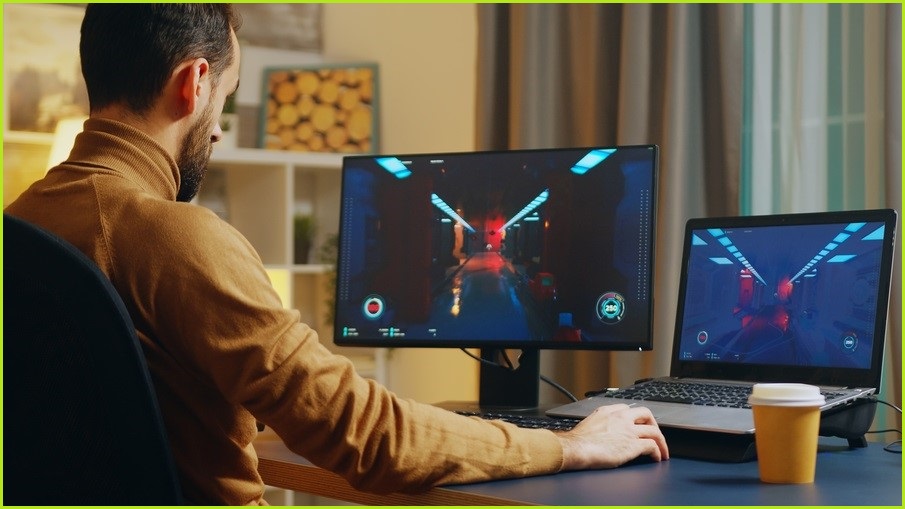The Digital Games Tax Offset has sailed through Parliament, with local studios to receive a 30 percent tax offset from this financial year in a “momentous occasion” for the burgeoning industry.
The games tax incentive is included in the Treasury Laws Amendment (2022 Measures No. 4) Bill 2022, which was approved by the Senate last week and will become law.
The Digital Games Tax Offset (DGTO) is a 30 per cent tax incentive for video game developers working on projects worth more than $500,000.
It will apply retrospectively from 1 July 2022.
It is the first federal incentive for games development and one of the most generous in the world of its kind, Interactive Games and Entertainment Association (IGEA) CEO Ron Curry said.
“Today is a momentous occasion for Australian games creators, who have an extraordinary reputation internationally,” Curry said.
“These developers can now confidently proceed, expand and scale their businesses to deliver in-demand game content to a global audience and are well positioned to drive the knowledge economy.
“We are grateful for the champions on both sides of the Parliament who have led the way for game development becoming an integral part of the broader Australian screen and creative industries, including the senators who spoke in support of the DGTO yesterday.”
The tax offset will apply specifically to development, porting or ongoing development costs, and not to the indirect costs of running a studio.
It will be capped at $20 million per year, per company.
The policy was first announced by the former Coalition government in the 2021-22 budget, and was passed by the Parliament with bipartisan support.
“This is a game changer for Australia’s digital games industry,” Minister for the Arts Tony Burke said.
“Australian game developers have a proud history going back decades, and this measure will support them – and the next generation – for years to come.
“Empowering local storytellers and engaging audiences is key to Revive, Australia’s new National Cultural Policy. This measure does both.”
The Australian games development sector has enjoyed unprecedented federal and state support in recent years, after several years of sparse backing.
The Federal Office for the Arts has boosted its investments in small and medium independent game studios by $12 million, and Screen Australia has launched a First Nations Game Studio Fund.
A number of state governments also have tax rebates which can be combined with the new federal initiative.
The games industry has enjoyed rapid growth in recent years too.
According to IGEA’s most recent survey, revenue generated by developers jumped by more than 25 per cent over the last year, with full time employment increasing by nearly 60 per cent.
Games studios in Australia generated $284.4 million in 2021-22 and employed 2,100 people full-time.
The survey also found that the games development sector has more than doubled in size over the last six years alone, while 800 jobs were created in the last year.
“Making games has the ability to engage artists and technical specialists across the industry,” Curry said.
“We are excited for the career opportunities that growth in game development will bring to Australian creators.”
The DGTO will be jointly administered by the Office for the Arts and the Australian Tax Office, and is part of the Income Tax Assessment Act 1997.
It is expected to cost the government $34.9 million over four years from 2021-22.
As part of the process, the Minister will issue a certificate each year to studios determining the development costs which are eligible for the tax offset.










